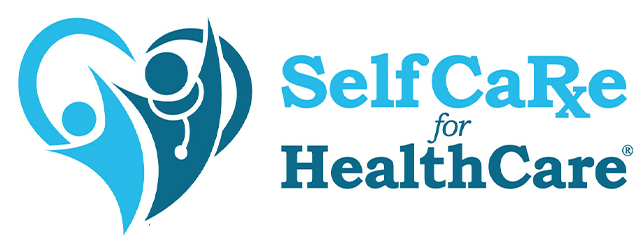Sleep has become widely recognized as playing an important role in our overall health and wellness, along with diet, stress management and exercise.
Recently, researchers have been learning more about how poor sleep influences our dietary choices, as well as how our diets influence sleep quality. Not sleeping for long enough or poorly are associated with increased food intake, a less healthy diet and weight gain. Lack of sleep also leads to increased snacking and overeating. And it causes us to want to eat foods high in fat and carbohydrates, with increased chemical rewards to the brain when we eat these foods.
Essentially, poor sleep drives our bodies to find high energy foods to keep us awake which makes fighting the cravings for unhealthy foods difficult to resist. But, when we sleep well, our appetite hormones are at a normal level. We don’t crave unhealthy food so much and we can make better choices about what to eat.
Since how much food we eat affects us on a day-to-day basis, it is not surprising that our diets play a big role in our quality of sleep. What we eat also has a big impact on our organ function, immune system, hormone production and brain function.
Melatonin is important hormone that controls our sleep patterns. It’s produced in the brain, and the amount it produces and how efficiently it uses it, is affected by our diets. One of the biggest influence on our melatonin levels appears to be our intake of a type of protein called tryptophan, an essential amino acid that can only be sourced through diet. Other nutrients that appear to be helpful for sleep include B vitamins and magnesium because they help tryptophan to be more available in the body. If your diet is lacking tryptophan, B vitamins or magnesium it’s likely your melatonin production and secretion will be affected and your sleep quality will be poorer.
But by increasing your intakes of foods rich in specific nutrients, you can find better sleep quality and duration.
Dairy foods are an excellent source of tryptophan and also contains magnesium and B vitamins. Nuts also contain all the nutrients known to promote increase melatonin production and support its release.
Fish is a great source of tryptophan and B vitamins. Fish with bones also provide magnesium. Including fish in your diet regularly helps to promote healthy melatonin production. Beans and lentils also contain high amounts of tryptophan and B vitamins. Adding tofu or paneer to a vegetable stew or curry can also help to increase your likelihood of having a great night’s sleep.
Meat of all kinds contains all the essential ingredients for a good night’s sleep.
If you find yourself hungry before bed, for the ideal bed time snack, try a glass of semi-skimmed or skimmed milk, a small banana or a few nuts, all of which help to improve your sleep and your next day. It takes about an hour for the tryptophan in foods to reach the brain, so don’t wait until just before bedtime to have your snack. And remember to have a balanced diet that includes plenty of foods that are high in tryptophan roughout the day to optimize your chances of a good night’s sleep.
To learn more about the importance of sleep and a healthy diet, visit us at SelfCare for HealthCare™. Interested in LeAnn Thieman’s keynote speaking, training and workshops? Email lthieman@leannthieman.com.




